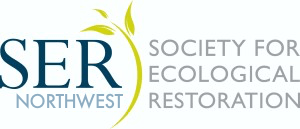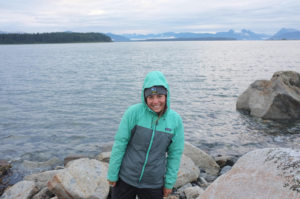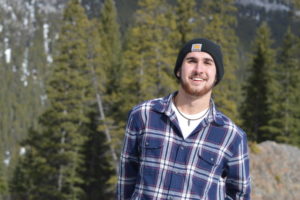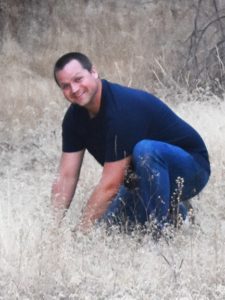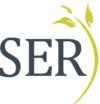
SER-NW Awards Student Research Grants for 2018
SERNW is pleased to announce that Natalie Schwartz, Jared Lamm and Conner Kurz are the 2018 recipients of Student Research Grants. You can read more about the grantees and the award-winning project below!
Natalie Schwartz, SER Student Member, University of Washington
- Amount funded: $1,500
- Project Title: Seward Park Sword Fern Die-off Investigation and Mitigation Project
- Project Summary:
Ms. Schwartz will use her SER Student Grant funding to research the extensive die-off of sword ferns (Polystichum munitum) that is currently ravaging Seward Park, Washington. Sword ferns are a very common and important keystone species of the temperate forest of the Pacific Northwest, and the cause of the die-off phenomenon is completely unknown in mechanism and scope. The grant funding will be used to facilitate baseline ecophysiological data collection that is the necessary first step for understanding the mechanisms of the die-off. Although this project focuses on Seward Park, this research will contribute directly to regional land management in Puget Sound, and potentially beyond to other areas experiencing the die-off of this important species.
Connor Kurz, Department of Wildlife Biology, University of Montana
- Amount funded: $1,145
- Project Title: Effects of Access Restrictions On Physiologic Stress in Bears
- Project Summary:
Mr. Kurz will use this SER Student Grant funding to assess the physiologic effects of human land access on black bears (Ursus americanus) and grizzly bears (Ursus arctos) in northwest Montana. The hypothesis they will be testing is that human presences leads to increases in stress in bears, and vehicle access elicits a greater stress response than walk-in access only. Stress response will be measured by assessing corticosterone levels, a hormone positively correlated with stress, by sampling for the hormone in scat piles. They will use scat-detection dogs to collect black bear and grizzly bear scat systematically over a large area of the Blackfoot Valley in northwest Montana. Understanding how human access affect bears’ stress response, which inversely affects behavior and movement of bears, will assist managers in policy making and land management planning.
Jared Lamm, Biology Graduate Fellow, Eastern Washington University
- Amount funded: $1,500
- Project Title: Efficacy of Early Season Sucrose Amendments to Manage Invasive Annual Grass in Palouse Semi-Arid Grasslands and the Impact on Soil Microbial Health
- Project Summary:
Intact semi-arid grasslands are one of the most endangered ecosystems in the world, largely resulting from cultivation and invasive plant encroachment. Current methods to manage invasive species are not species specific and often result in negative impacts to local biodiversity and loss of sensitive or endangered plant species. Attempts to conserve and restore native plant communities are severely hampered by a lack of practical, environmentally acceptable strategies to limit the impact of invasive species. One environmentally acceptable method of managing invasive plants is reducing available soil nitrogen by amendment of carbon. Added carbon stimulates soil microbes, fungi, and bacteria, which immobilizes nitrogen in their biomass and makes it unavailable to plants. There is an increased awareness of the integral role the soil microbial community plays in the relationship between restoration efforts and restoration success, but these soil microbial communities and food webs are largely overlooked in ecological restorations. Mr. Lamm will use his SER Student Grant funding to examine how effective soil carbon supplementation, and subsequent microbial response, is as an invasive management tool, by assessing this relationship during the growing season at Turnbull National Wildlife Refuge in Eastern Washington.
The SER Northwest Chapter provides grants to support student research with the intention of improving the restoration of natural systems (e.g., forests, wetlands, shrub-steppe) within the Pacific Northwest eco-region (WA, OR, MT, ID, Northern CA). Social or natural science graduate students and upper-level undergraduate students are encouraged to apply. Preference is given to research located within the Cascadia Bioregion and to student members of SERNW. Grant recipients are required to present their research results at an SERNW Chapter Conference, held biennially. Conference fees are waived for grant recipients in addition to their award. You can find application instructions for future grants here.
